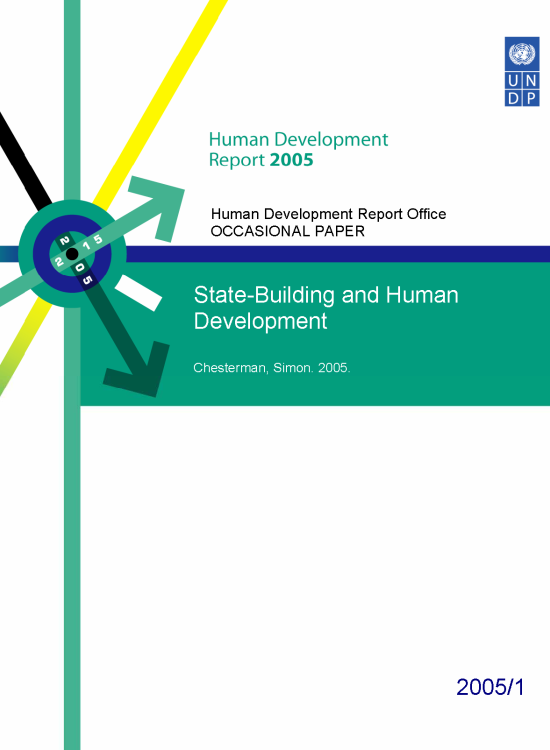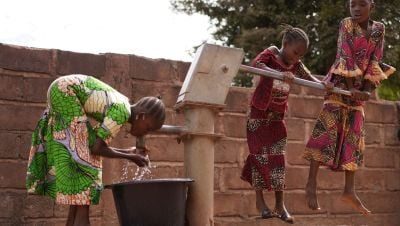State-Building and Human Development

Download Report by Language
Document
hdr2005chestermansimon1.pdf
(528.24 KB)
Citation
Chesterman, Simon. 2005. State-Building and Human Development. New York.
State-Building and Human Development
Posted on: January 01, 2005
A central question for policy-makers interested in promoting a human development agenda is how weak states deal with crisis. The emphasis in this paper is on post-conflict reconstruction of states and efforts by international actors to prevent the collapse of state institutions before conflict ensues. The key actors in such state-building efforts are almost always local. Nevertheless, international actors may also play a critical role, if only in creating the opportunity for local actors to establish legitimate and sustainable governance. Through the 1990s, the United Nations became involved in a series of operations that saw the UN assuming significant civilian administrative responsibilities in post-conflict territories. It is noteworthy that none of these operations took place in Africa, where the need is probably greatest. The ‘war on terror’ has transformed the strategic environment in a way that presents opportunities and dangers for the human development agenda. Recognition that failing states pose a security threat coincides with the view that functioning states are the best vehicle to promote human development. Nevertheless, approaching this problem with a purely military agenda changes the goals and may undermine the mediumterm goals of developing a state’s capacity to provide something more than simple stability. Inequality and poverty remain the dominant concern of the most vulnerable; a key question confronting the human development agenda is how to ensure that international attention does not focus solely on countries of ‘strategic’ importance.

